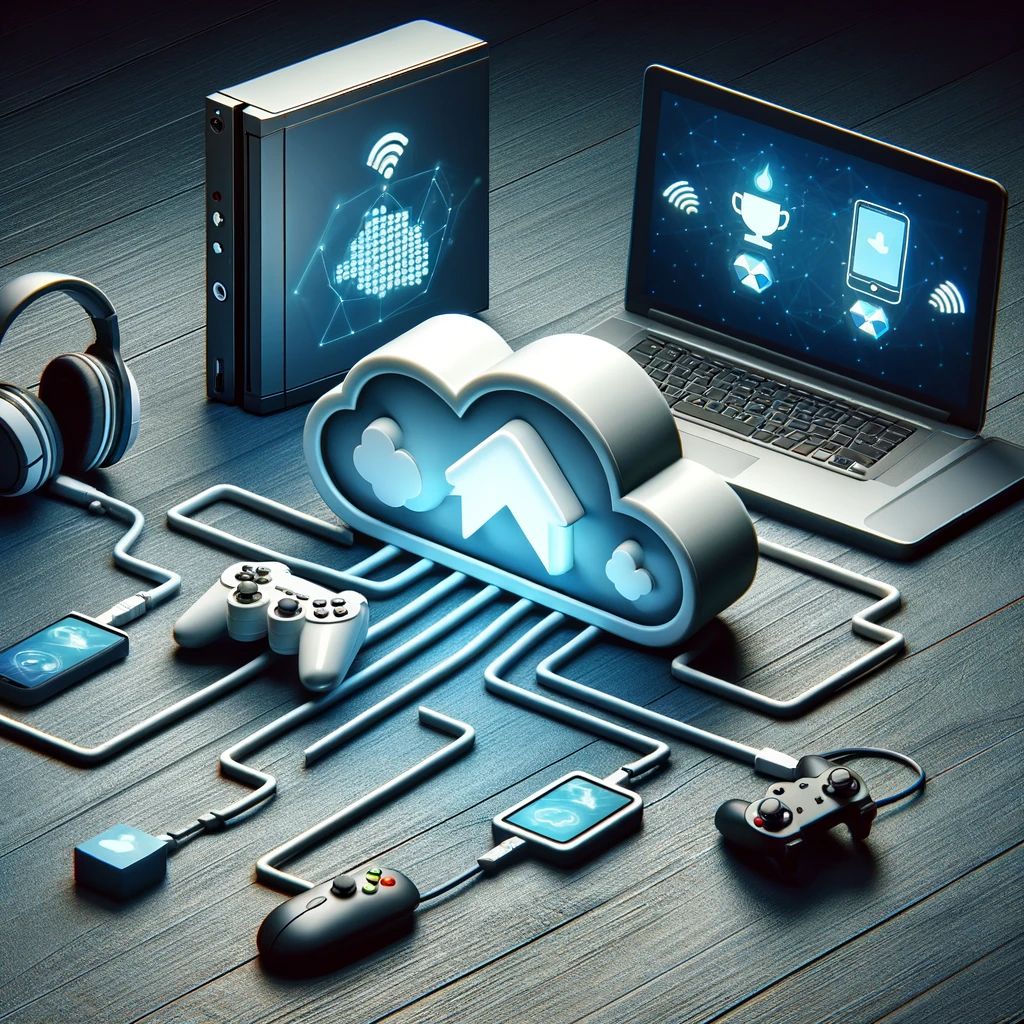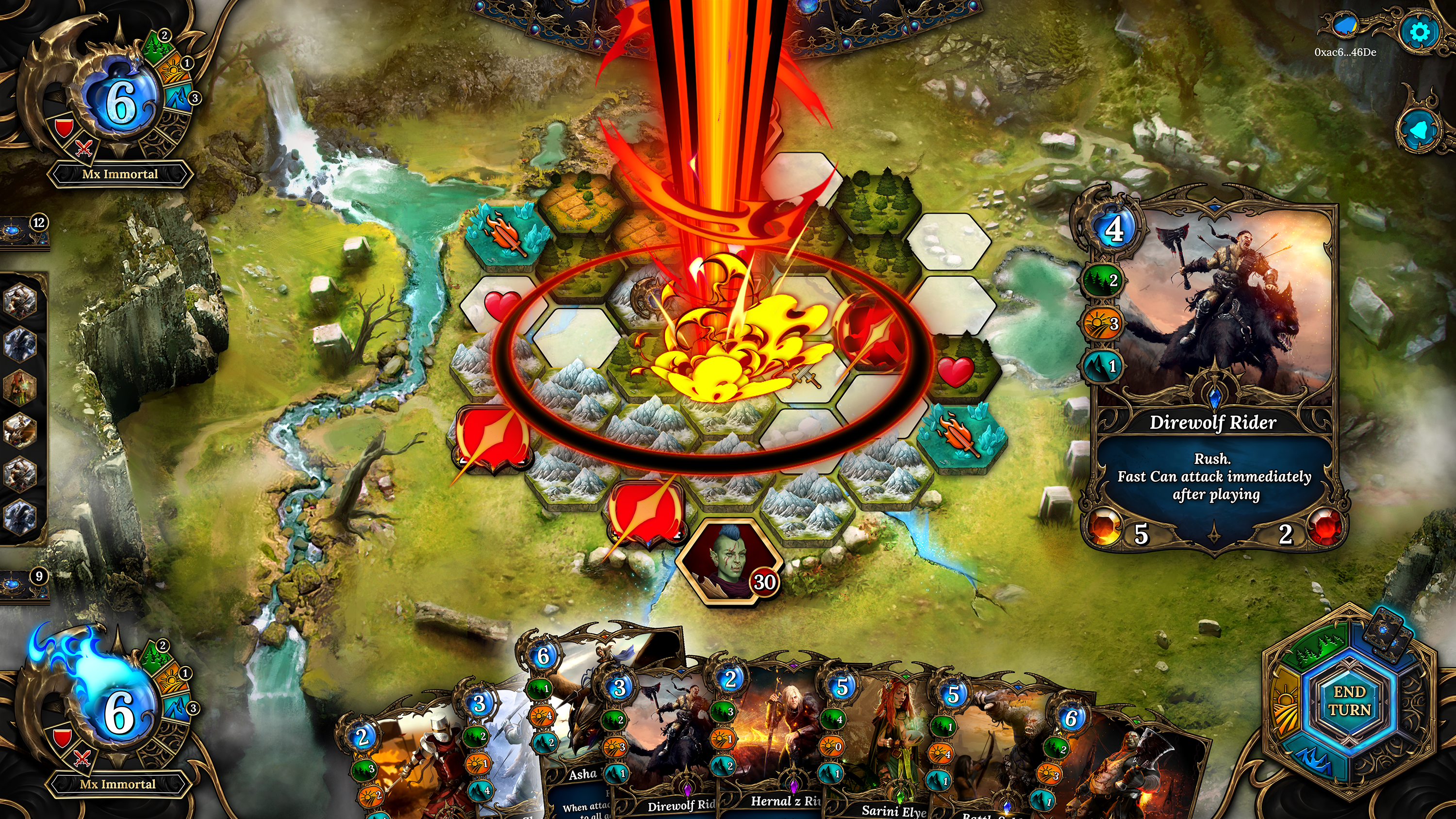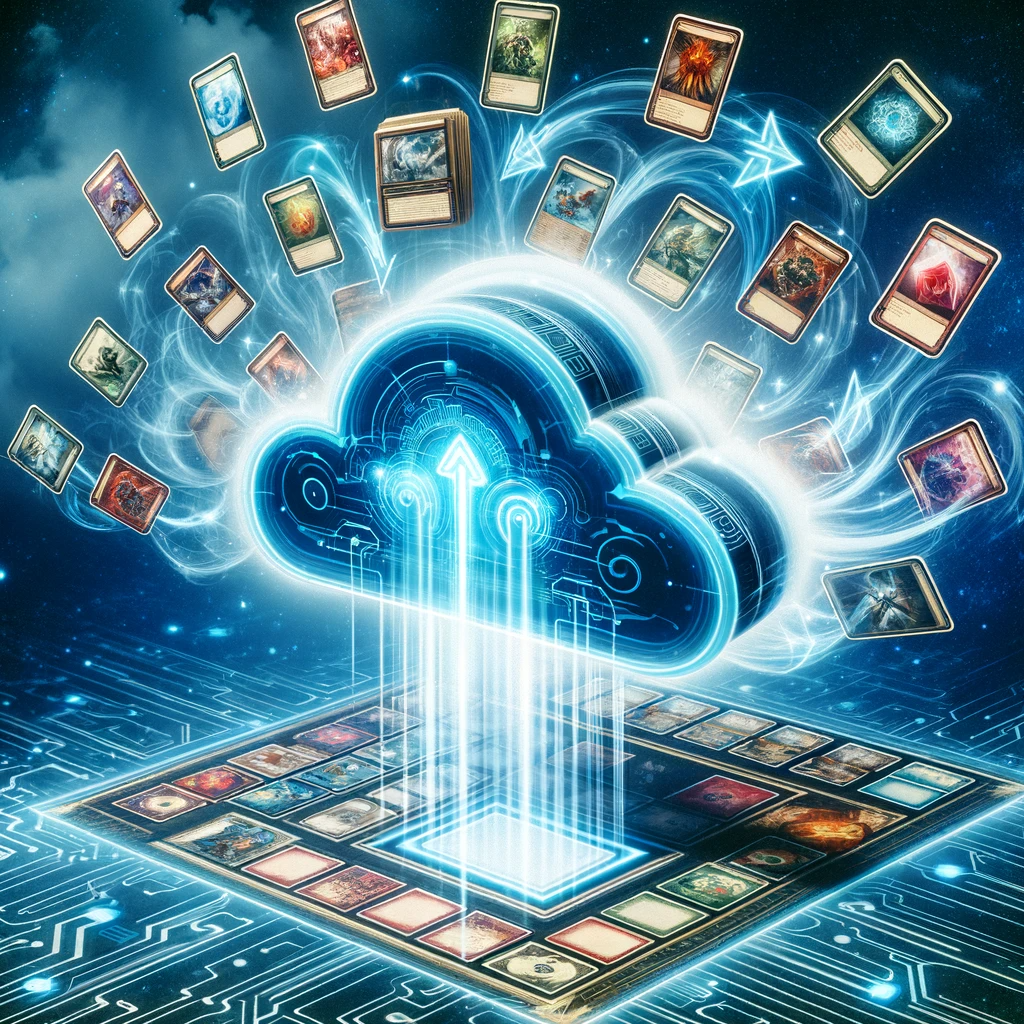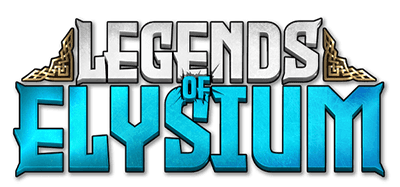How Cloud Gaming is Changing the Face of CCGs in 2024?
Understanding Cloud Gaming
Cloud gaming, also known as game streaming or gaming-as-a-service, is a way of playing video games that runs on remote servers and streams directly to a user’s device, or more simply, playing a game remotely from the cloud. Unlike traditional video gaming, where games are downloaded and run on a user’s personal hardware, cloud gaming allows users to access games without needing powerful consoles or computers. In the ever-evolving landscape of digital entertainment, cloud gaming has emerged as a revolutionary force, redefining how we interact with video games. At its core, cloud gaming is a service that allows you to play games hosted on remote servers and streamed directly to your device. This means the heavy lifting – graphics rendering, processing, and storage – is done on a server far away, while you simply enjoy the game through your internet connection.

This technology promises to make gaming more accessible and convenient, freeing players from the constraints of expensive hardware and lengthy downloads.
How Does Cloud Gaming Work?
- Remote Servers: In cloud gaming, the game actually runs on powerful servers in a data center rather than on the player’s local device. These servers are essentially high-end computers with enhanced graphics and processing capabilities.
- Streaming Technology: When a player interacts with the game, their inputs are sent over the internet to the server where the game is running. The server then processes the game’s response and sends the video and audio back to the player’s device in real-time, much like streaming a movie.
- User’s Device: On the user’s end, all that’s needed is a device capable of receiving the stream and sending inputs back to the server. This could be a PC, a dedicated cloud gaming device, a smartphone, or even a smart TV.
Advantages of Cloud Gaming:
- No Need for High-End Hardware: Since the game runs on a server with powerful components, players don’t need to own a high-spec gaming PC or console. Even older PCs and mobile devices can stream high-quality games.
- Instant Play: Games don’t need to be downloaded or updated on the user’s device, which means you can start playing almost instantly and always have the most current version.
- Accessibility and Portability: You can play your games on any compatible device, and your game progress is saved in the cloud, meaning you can switch devices and pick up right where you left off.
- Cost-Effectiveness: Users can potentially save money because they don’t need to constantly upgrade their hardware to meet the requirements of the latest games.
Challenges and Considerations:
- Internet Dependency: A fast and stable internet connection is crucial. Latency, or the time it takes for data to travel to the server and back, can affect gameplay. High latency can lead to delays between a player’s action and the game’s response.
- Quality of Service: The gaming experience can be affected by factors such as server load and internet traffic. In peak times, you might experience lower quality streams or even service interruptions.
- Ownership and Access: There’s often a debate over game ownership in cloud gaming. You typically pay for access to a library of games as long as you subscribe, but you don’t own any of them outright.
- Data Usage: Streaming games can consume a significant amount of data, which might be a concern if you have a capped internet plan.
Why Legends of Elysium is Classified as Cloud Gaming
“Legends of Elysium” (LOE), with its rich narrative and strategic gameplay, has embraced this innovative technology to enhance the player experience. As a browser-based game, LOE runs on remote servers, with every action, from card shuffles to strategic moves, processed in the cloud and streamed to players in real-time. This approach allows for seamless updates, cross-platform play, and a level of accessibility previously unattainable in the Collectible Card Game (CCG) market. Players can dive into the mystical world of LOE on any device, at any time, all thanks to the power of cloud gaming.

Impact on the TCG Sector
The implications of cloud gaming for the Trading Card Game (TCG) sector are profound. Traditionally, TCGs have been physical, with players building tangible collections of cards. However, the digital revolution, spearheaded by cloud gaming, is transforming the landscape. Players can now access vast libraries of cards and compete against opponents worldwide without worrying about physical limitations or geographical boundaries. This shift not only broadens the market, reaching more potential players but also injects a new level of dynamism and innovation into TCGs. As games like LOE lead the charge, we’re witnessing the dawn of a new era where the lines between physical and digital, local and global, are blurred, paving the way for a more inclusive and connected gaming community.

Conclusion
As we look towards the future, the synergy between cloud gaming and TCGs like LOE is poised to unlock unprecedented opportunities for growth, innovation, and community building. By leveraging the power of cloud technology, LOE is not just redefining the boundaries of its genre but also offering a glimpse into the future of gaming itself. As more players and developers embrace this shift, we can expect to see a continued evolution of the TCG sector, marked by greater accessibility, diversity, and connectivity. The age of cloud gaming has arrived, and with it, a new chapter in the story of digital entertainment.
